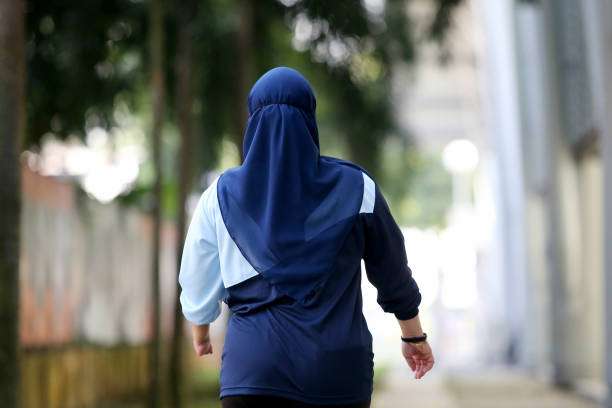MUHAMMADIYAH.OR.ID, JAKARTA – Eco Bhinneka Muhammadiyah conducted its second public discussion on “The Struggle of Women Defenders of the Earth” to welcome the upcoming Walk for Peace and Climate Justice. Held on Friday, June, 20, the discussion forum aimed to explore how women and people with disabilities face climate-related challenges and how they play a vital role in creating social change.
Two speakers led the discussion, namely a researcher and consultant on gender issues Dati Fatimah and Secretary III of the Muhammadiyah Disability Association (HIDIMU) Nurhayati Ratna Sari Dewi. The session was moderated by HIDIMU’s representative Pritty Dwi Arlista.
Dati Fatimah opened her talk by encouraging participants to reflect on the story of Siti Hajar, whose determination to preserve life can inspire today’s fight for climate justice.
“Siti Hajar’s jihad was about preserving life, and that’s directly connected to how women are fighting to protect life today in the face of the climate crisis,” said Dati.
Dati emphasized that climate change is more than just an environmental problem. It is also a justice issue that affects people’s ability to survive, especially among vulnerable groups. She cited data from the World Meteorological Organization showing over 184,000 deaths from extreme weather between 2010 and 2019.
In Indonesia, floods, forest fires, and extreme weather events continue to be the most common disasters. But the effects are not felt equally, Dati added.
“Women and people with disabilities face far greater risks,” said Dati.
Drawing on her 2018 research in Tambaklorok and Ogan Komering Ilir, Dati shared how women carried heavier burdens such as handling food, water, energy, and finances, especially during times of the environmental crisis. She also stressed the need to involve younger generations, especially Gen Z, who were increasingly aware of sustainable living and could lead inclusive, justice-focused climate action.
Meanwhile, Nurhayati Ratna Sari Dewi shared her perspective as a woman with a disability. She highlighted the double discrimination many women with disabilities face, which limits their access to education, jobs, and public spaces.
“Women with disabilities often face multiple layers of stigma. We are discriminated against not only because we’re women, but also because we’re disabled. That makes it harder for us to access opportunities,” said Nurhayati.
For information, the discussion was attended by around 30 participants from various interfaith youth and disability communities. In the following week, attendees will take part in a workshop on how to engage with people with disabilities. The Walk for Peace and Climate Justice will take place the week after.
This forum is part of SMILE (Strengthening Youth Multifaith Leader Initiative on Climate Justice through Ecofeminism), an Eco Bhinneka Muhammadiyah program designed to empower youth leaders across different faiths to promote environmental sustainability, social justice, and spiritual values.











